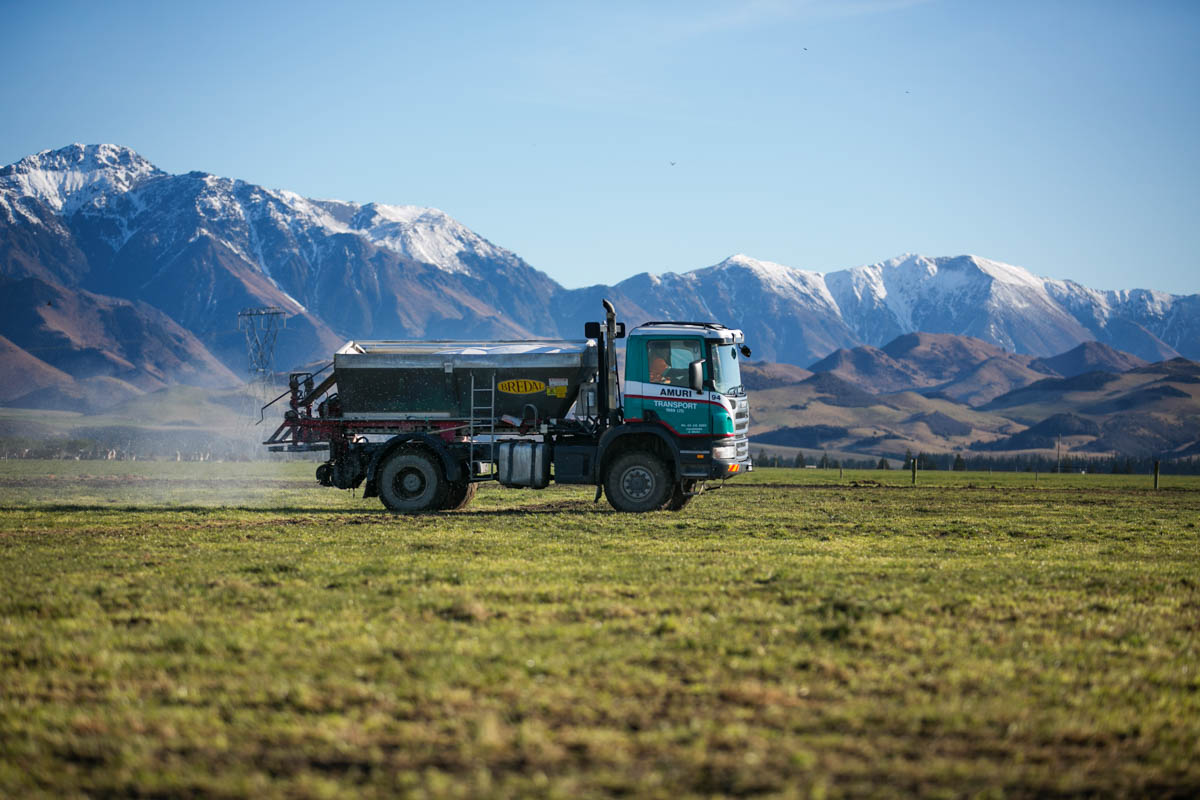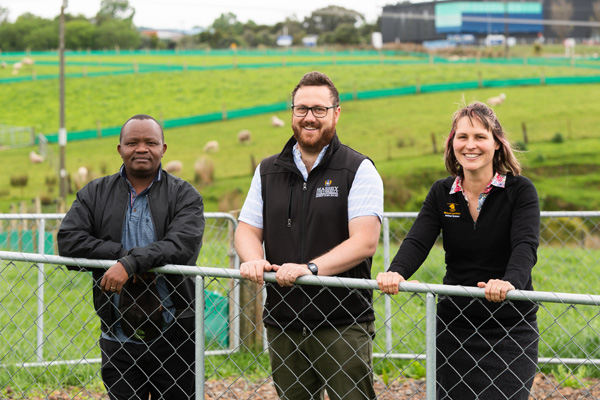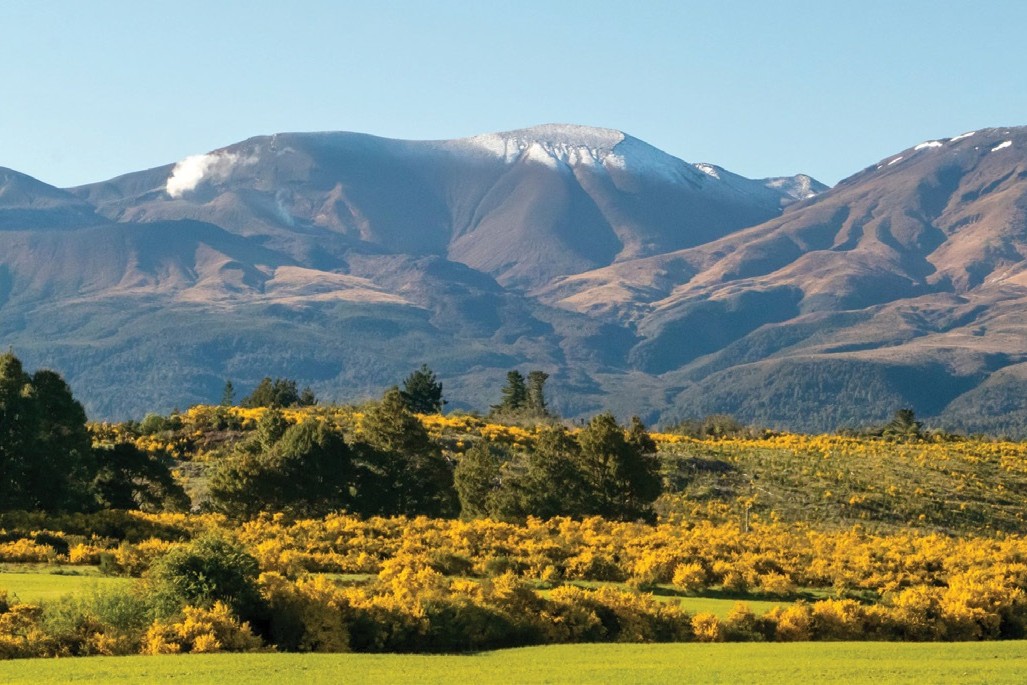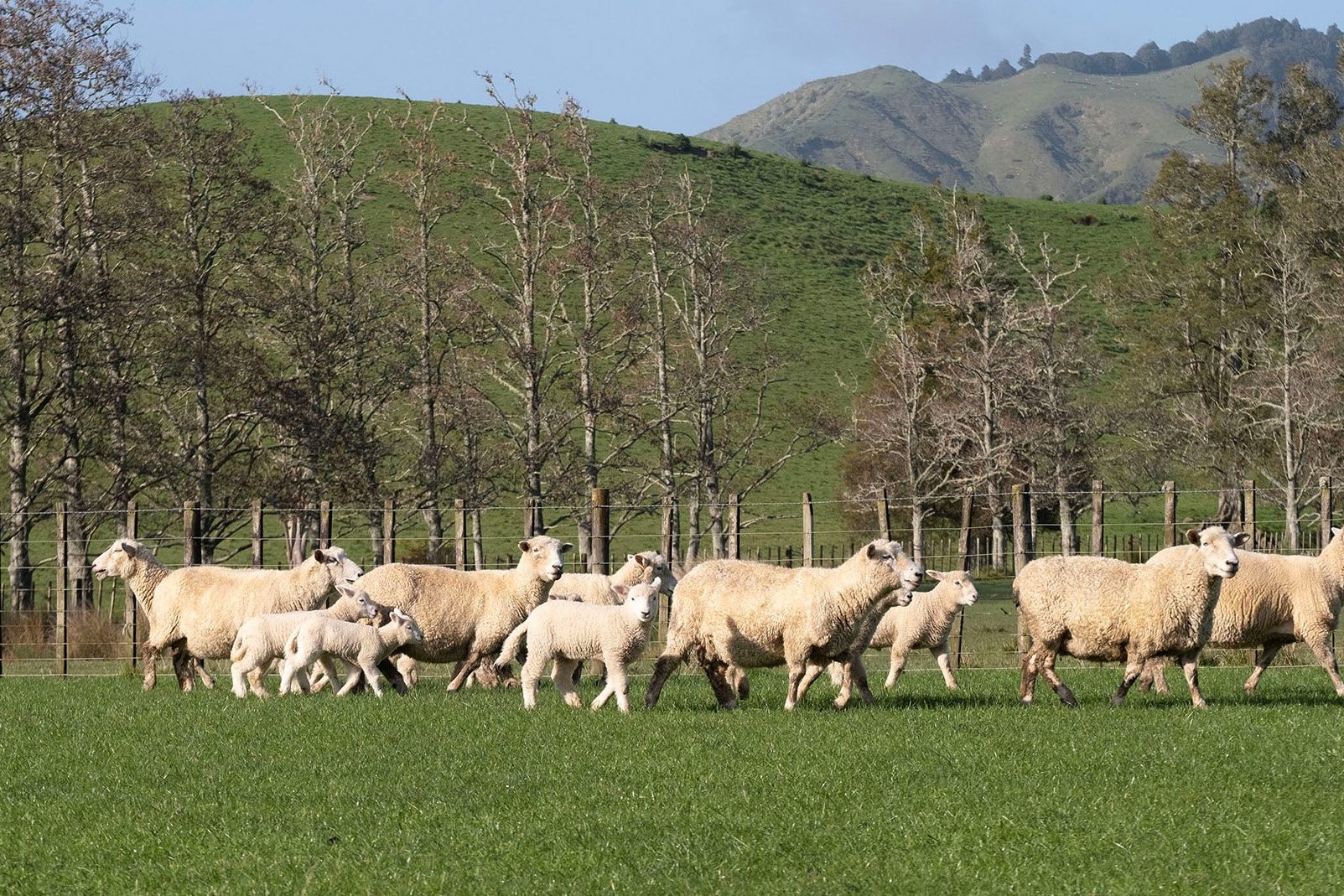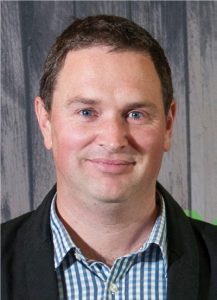 Visiting successful beef farms with farmers prepared to share their methods and financial analysis is providing effective learning for a Hawke’s Bay Red Meat Profit Partnership (RMPP) action group.
Visiting successful beef farms with farmers prepared to share their methods and financial analysis is providing effective learning for a Hawke’s Bay Red Meat Profit Partnership (RMPP) action group.
The seven-strong group of both beef and sheep farmers and beef-only farmers is focused on working collectively to better understand the drivers and limitations of beef farming and develop the skills to improve profitability within their farm businesses.
“The farm visits have been gold,” says group facilitator Dave Warburton. “The same theme keeps coming up – that an eye for detail and financial success are closely connected.”
The RMPP Action Network supports small groups of farm businesses to work together to explore ideas and share expert resources to help them make positive changes on-farm.
Dave, a production animal vet with Vet Services Hawke’s Bay, has “a passion for helping farmers to upskill”.
“This group all wanted to improve their reproductive performance and understand the role of the beef cow in the hill country system and productivity compared to other classes of beef stock,” Dave says.
“We benchmarked reproductive performance for each member’s farm business. That helped members to identify what their targets could be and things they could work on to make their numbers go higher.
“Their various targets include monitoring live weights better in young stock, checking bulls more regularly over mating and identifying conception dates and more profitable early calvers.”
Dave contacted consultants BakerAg and asked if they could connect the group with some highly successful beef finishers and breeders, who would be willing to share their financial analysis benchmark (FAB) data and host farm visits.
“We did an overnight trip to the Wairarapa, taking in two farms, and also visited a leading farmer in North Wairoa and a Landcorp farm,” Dave says.
“The trip to the Wairarapa was also very good in terms of helping the group to connect and be more confident about asking questions during visits.
“We’ve now done six farm visits. All very different but the same themes come up in terms of getting to the next level of performance. It’s that detail, doing the basics well, including good infrastructure, water and good grazing management. Knowing how to feed appropriately and to match your policy to the environment you have.
“We went to a rearing and finishing operation with very wet land, and the farmer had grown the business very significantly and shared his financial performance year-on-year. The next visit was to a dry hill farm, but the overriding messages were the same.
“Farmers also talked about the tools they’d used, for feed budgets, analysis and close monitoring of change. That’s given some of the group confidence to start using tools more, and consultants.
Group member Max Turnbull, who farms sheep and beef on 700 hectares at Tutira, says he’s made some changes on-farm, as a result of the group’s targets, and is also doing more benchmarking.
“I think it has also made us question where we are sitting as farm businesses, financially and environmentally, compared to where we want to be,” he says. “While we knew the direction we wanted to go, seeing farmers who have invested in water and fencing and made their businesses more profitable, helps give you the confidence around making changes.”
Group member Andrew Stewart, who farms 280ha at Kereru, near Hastings, says the visits, combined with the group dynamic, have been very positive.
“Dave’s done a very good job of selecting farms. We all wanted to see what we could be doing better and the very strong message that’s come from visits is the importance of keeping your eye on the detail. Having the financials is good because you know these are farmers who are really walking the talk.”
Dave says group members take different things from different visits. For Andrew, the visit to a Landcorp Farm was particularly educational.
“They have 2500ha techno-fenced (where the farm is divided into a grid of grazing cells) and have done a lot of analysis. They are growing 37% more drymatter in the techno area than in adjoining paddocks. I’m operating a similar principle of on-off grazing and it gave me the confidence that I’m on the right track. Building confidence is one of the biggest things that has come out of the group for me.”
The group has now been going for almost a year and Dave says the next step will be to start measuring results, with members collecting data from their next round of pregnancy tests.

